
In a world driven by fast food and quick fixes, slow cooking offers a refreshing return to the heart of nourishing, traditional meals. If you're passionate about improving your health and embracing a holistic lifestyle, slow cooking is not just a technique—it's a way to honor time-honored practices and connect deeply with your food.
Why Slow Cooking Matters
Slow cooking isn’t just about convenience; it’s about making the most of your ingredients. By cooking food slowly at low temperatures, you retain more nutrients, enhance flavors, and make tougher cuts of meat more tender. This method aligns perfectly with the principles of Nourishing Traditions, a philosophy rooted in the teachings of Weston A. Price.
Weston A. Price, a pioneering nutritionist, advocated for diets rich in whole, nutrient-dense foods prepared in traditional ways. His research highlighted the benefits of consuming nutrient-rich foods like bone broths, organ meats, and fermented vegetables—foods that thrive in a slow-cooking environment. Slow cooking helps extract vital nutrients from bones and connective tissues, creating rich, flavorful broths and stews that are both nourishing and satisfying.
The Nourishing Traditions Philosophy
Nourishing Traditions embraces the wisdom of ancestral diets, emphasizing whole, unprocessed foods and traditional preparation methods. This philosophy champions:
Nutrient-Dense Cooking Techniques
Slow cooking aligns with the Nourishing Traditions focus on extracting maximum nutrients from foods, such as simmering bone broths and preparing fermented foods. This method ensures that you get the most out of every ingredient, making your meals not only delicious but also packed with essential nutrients.
Sourcing Quality Ingredients
Emphasizing organic, local, and grass-fed ingredients, slow cooking ensures that you’re making the most of high-quality produce and proteins. The quality of the ingredients directly impacts the nutritional value and taste of your meals, reinforcing the importance of choosing the best possible options.
Holistic Health Practices
Traditional cooking methods support gut health and overall well-being, which is central to the Nourishing Traditions approach. By focusing on nutrient-dense foods and slow cooking techniques, you can improve your digestion, boost your immune system, and enhance your overall health.
Benefits of Slow Cooking
Retains Nutrients
One of the primary benefits of slow cooking is its ability to retain more nutrients compared to other cooking methods. The low and slow approach prevents the loss of vitamins and minerals, ensuring that your meals are as nutritious as possible.
Enhances Flavors
Slow cooking allows flavors to develop and meld together, creating rich and complex dishes. The extended cooking time helps break down the fibers in the ingredients, resulting in tender meats and flavorful broths that are hard to achieve with quicker methods.
Saves Time and Effort
While slow cooking does take longer, it requires minimal hands-on time. Once you’ve prepared your ingredients and set your slow cooker or oven, you can leave it to cook while you focus on other tasks. This makes it an excellent option for busy individuals who want to enjoy homemade, nutritious meals without spending hours in the kitchen.
How to Get Started with Slow Cooking
Choose the Right Equipment
Investing in a good slow cooker or Dutch oven is essential for successful slow cooking. Look for a slow cooker with programmable settings and a timer, so you can set it and forget it. A high-quality Dutch oven is also a versatile tool that can be used for slow cooking on the stove or in the oven.
Select the Best Ingredients
Quality ingredients are the foundation of any great meal. Choose organic, local, and grass-fed meats and produce whenever possible. Not only will this enhance the flavor of your dishes, but it will also ensure that you’re getting the most nutrients from your food.
Master the Basics
Start with simple recipes that allow you to get comfortable with slow cooking techniques. Soups, stews, and braised meats are excellent starting points. Once you’ve mastered the basics, you can experiment with more complex dishes and flavors.
Slow Cooking Recipes to Try
Bone Broth
Bone broth is a staple in many traditional diets and is packed with nutrients. To make bone broth, simply simmer bones (such as chicken, beef, or pork) with water, vegetables, and seasonings for 12-24 hours. Strain the broth and use it as a base for soups, stews, or enjoy it on its own.
Beef Stew
A hearty beef stew is perfect for slow cooking. Brown chunks of beef in a skillet, then add them to your slow cooker with vegetables, broth, and seasonings. Cook on low for 6-8 hours until the meat is tender and the flavors have melded together.
Pulled Pork
Pulled pork is a versatile and delicious dish that’s easy to make in a slow cooker. Rub a pork shoulder with your favorite seasonings, then cook it on low for 8-10 hours. Once it’s done, shred the meat and serve it with your favorite sides or on a sandwich.
Join Our Nourishing Traditions Masterclass
Ready to dive deeper into these practices? Our exclusive Nourishing Traditions Masterclass, starting this September, is designed to provide you with the knowledge and skills to fully embrace traditional diets and holistic living.
Explore the Foundations of Traditional Diets
Understand the core principles of Nourishing Traditions and Weston A. Price. Learn how ancestral diets can improve your health and well-being by focusing on whole, nutrient-dense foods.
Learn Nutrient-Dense Cooking Techniques
Master how to prepare meals rich in essential nutrients. Discover the benefits of slow cooking and other traditional methods that enhance the flavor and nutritional value of your food.
Master Fermentation and Food Preservation
Discover techniques for fermenting vegetables and preserving seasonal produce. These methods not only extend the shelf life of your food but also boost its nutritional content.
Source Quality Ingredients
Get tips on selecting the best organic, local, and grass-fed ingredients. Learn how to find high-quality produce and proteins that will elevate your cooking and support your health.
Develop Meal Planning Strategies
Find practical ways to prepare nourishing meals even with a busy schedule. Learn how to plan and prep your meals to save time and ensure you always have healthy options on hand.
Explore Holistic Health Practices
Learn how diet and gut health are interconnected. Discover how traditional cooking methods can support your overall well-being and help you achieve optimal health.
Why Join?
Gain Expert Knowledge
Learn from passionate food enthusiasts, just like you, about traditional diets and holistic health. We will guide you through the principles of Nourishing Traditions and help you incorporate these practices into your daily life.
Transform Your Health
Implement proven practices to enhance digestion, boost energy, and strengthen immunity. By focusing on nutrient-dense foods and slow cooking techniques, you can improve your overall health and well-being.
Connect with a Community
Join a supportive group dedicated to a healthier, sustainable lifestyle. Share your experiences, ask questions, and learn from others who are on the same journey.
Access Exclusive Resources
Receive comprehensive course materials, including recipe guides and meal plans. These resources will help you implement what you’ve learned and make the most of your slow cooking endeavors
Join our slow cooking community newsletter for more tips, recipes, and updates. We can’t wait to welcome you!
In Gratitude,

Founder, Wylder Space



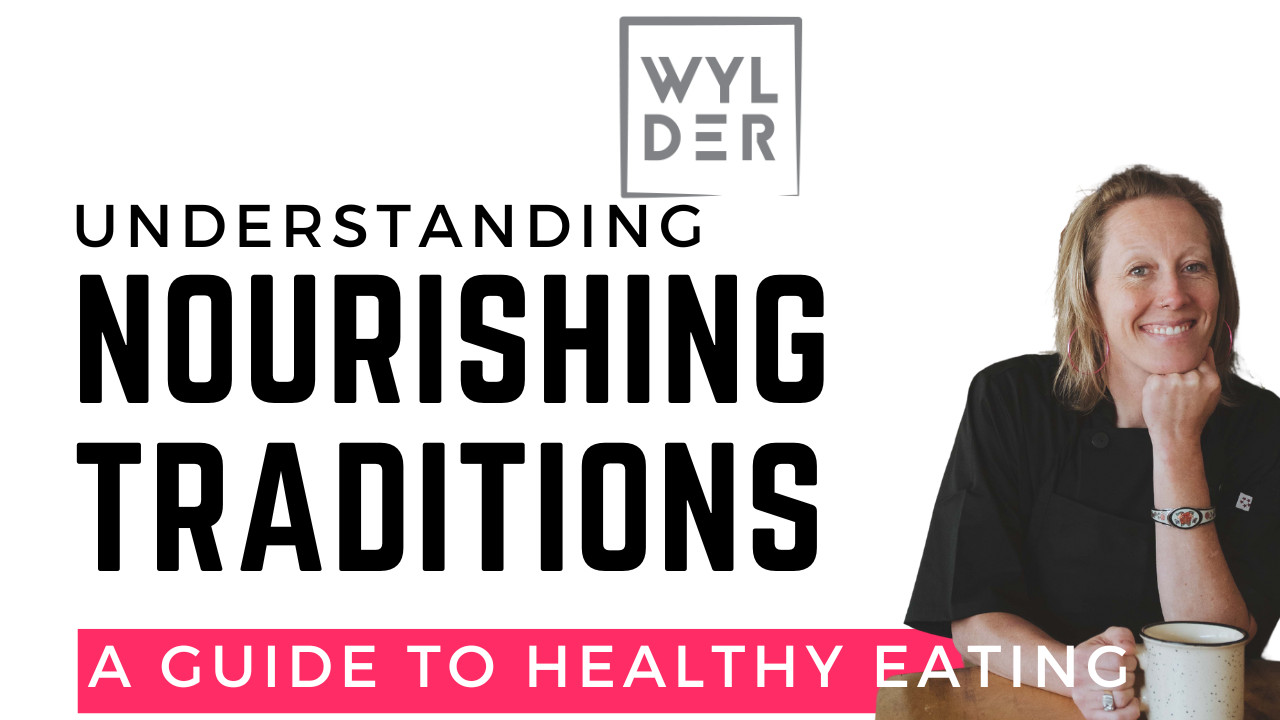
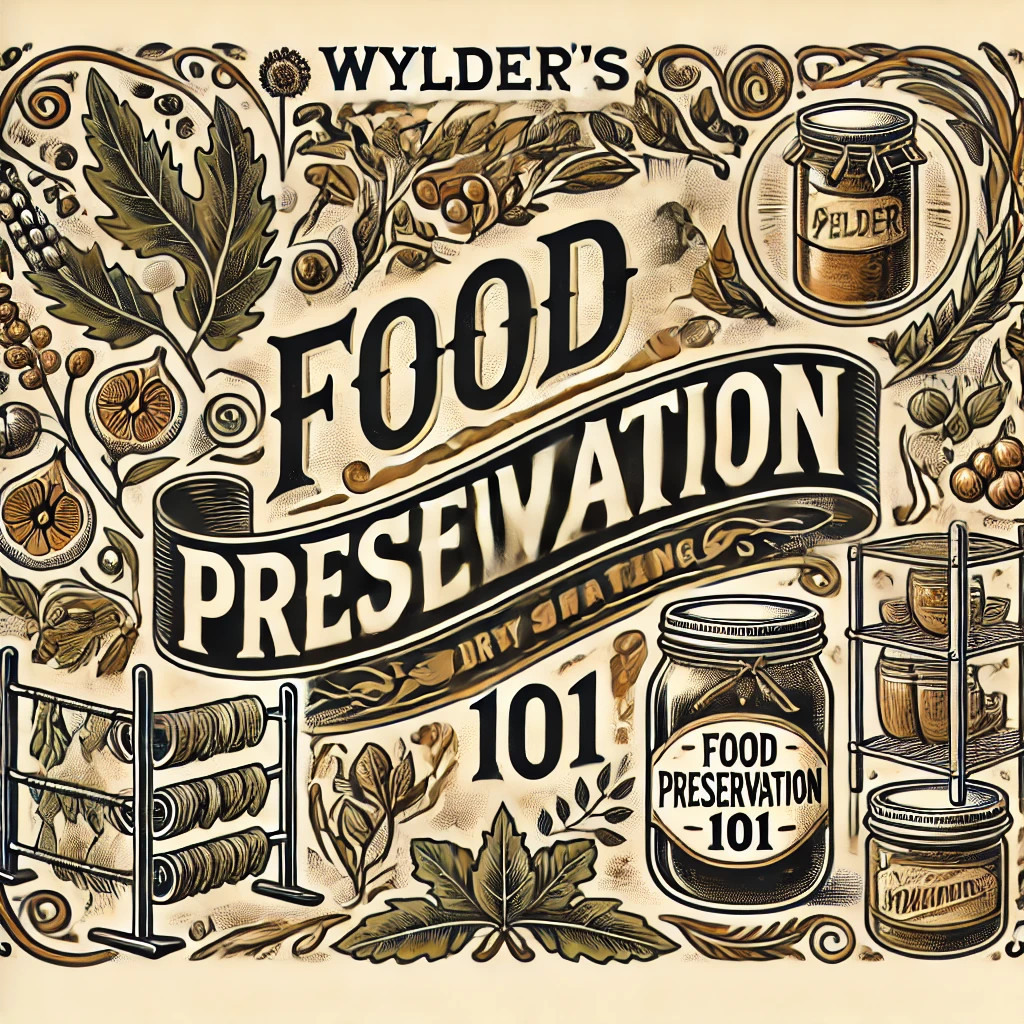
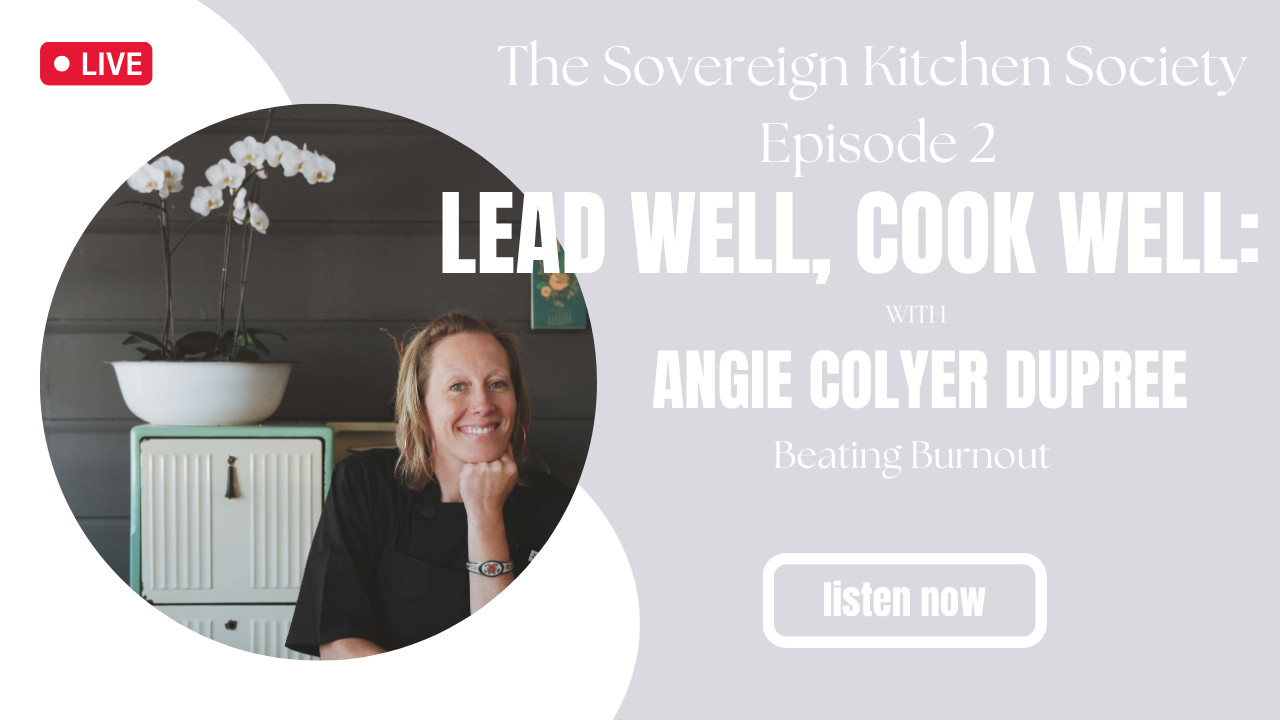
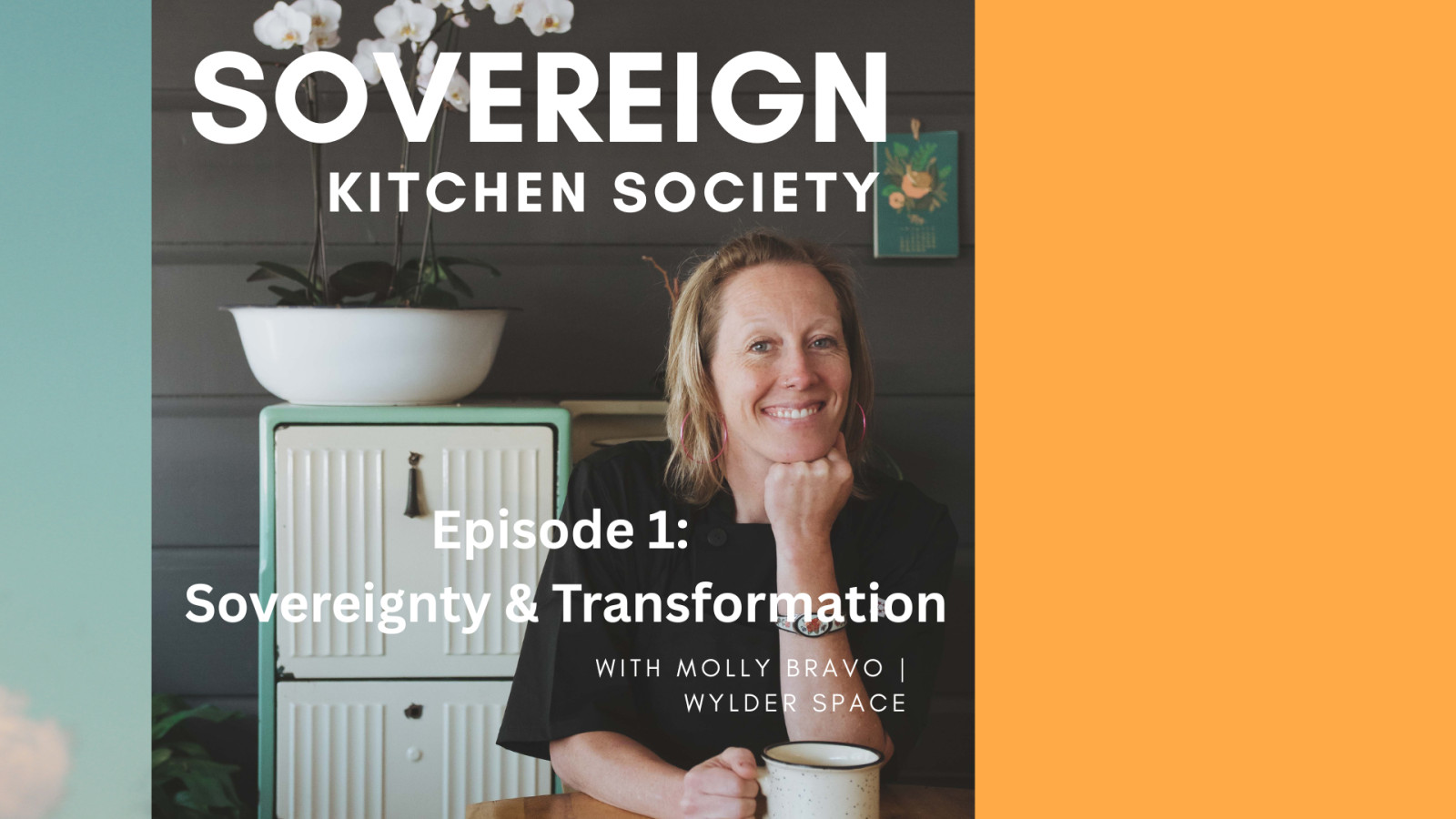

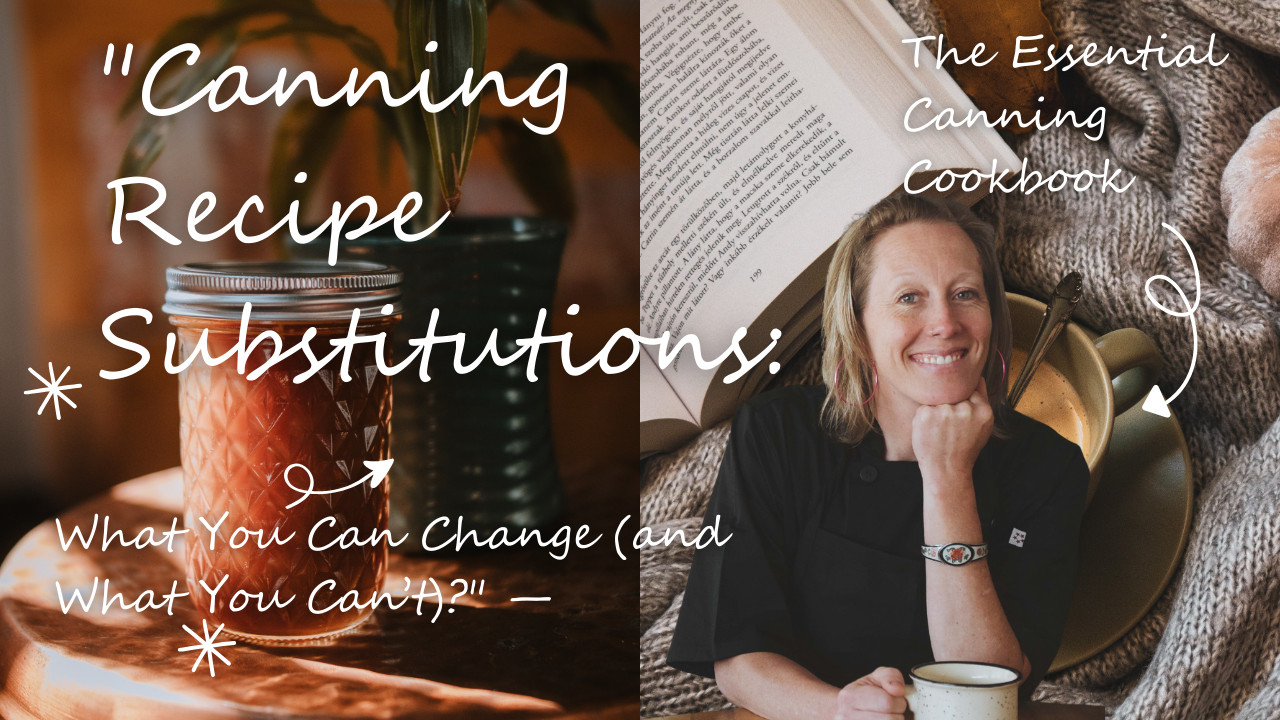


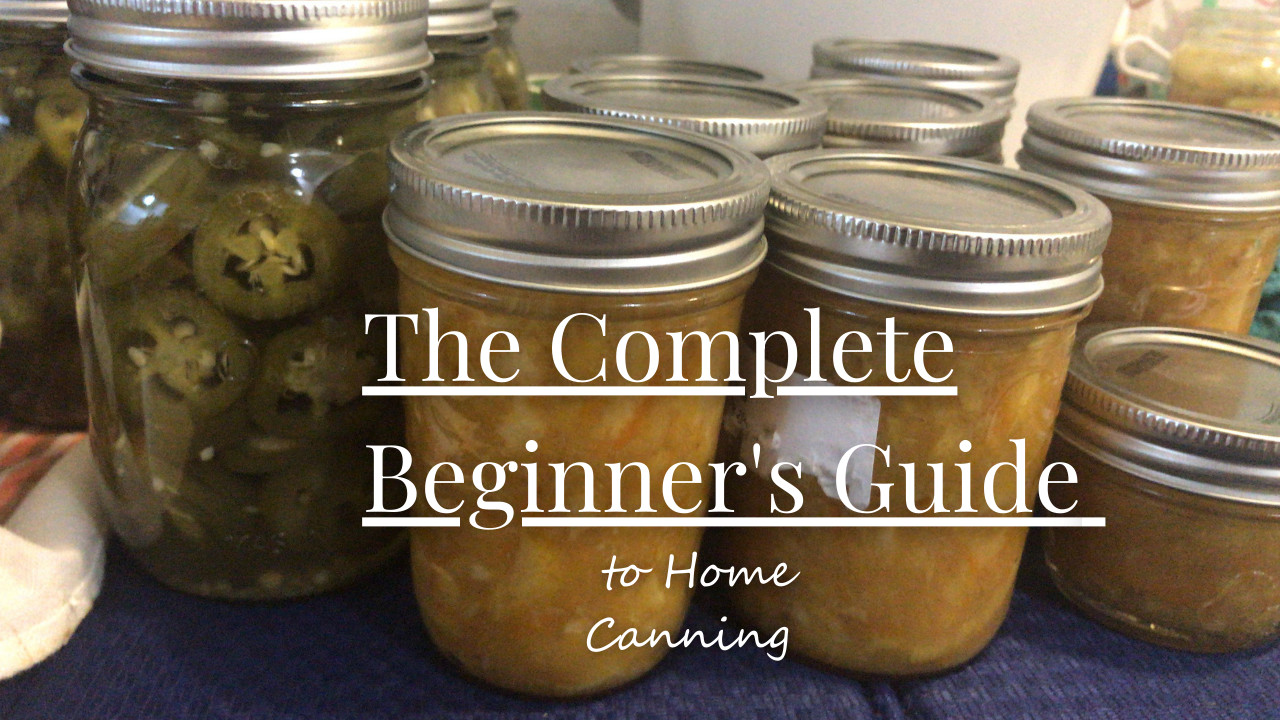
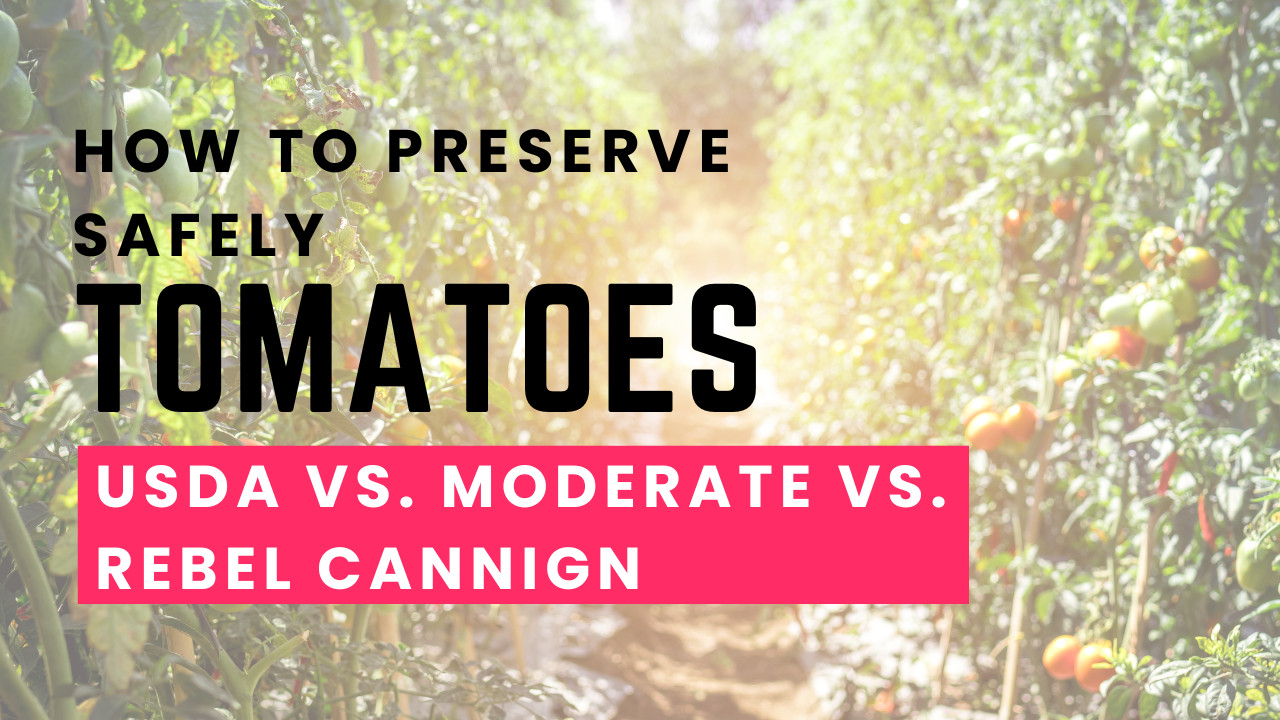
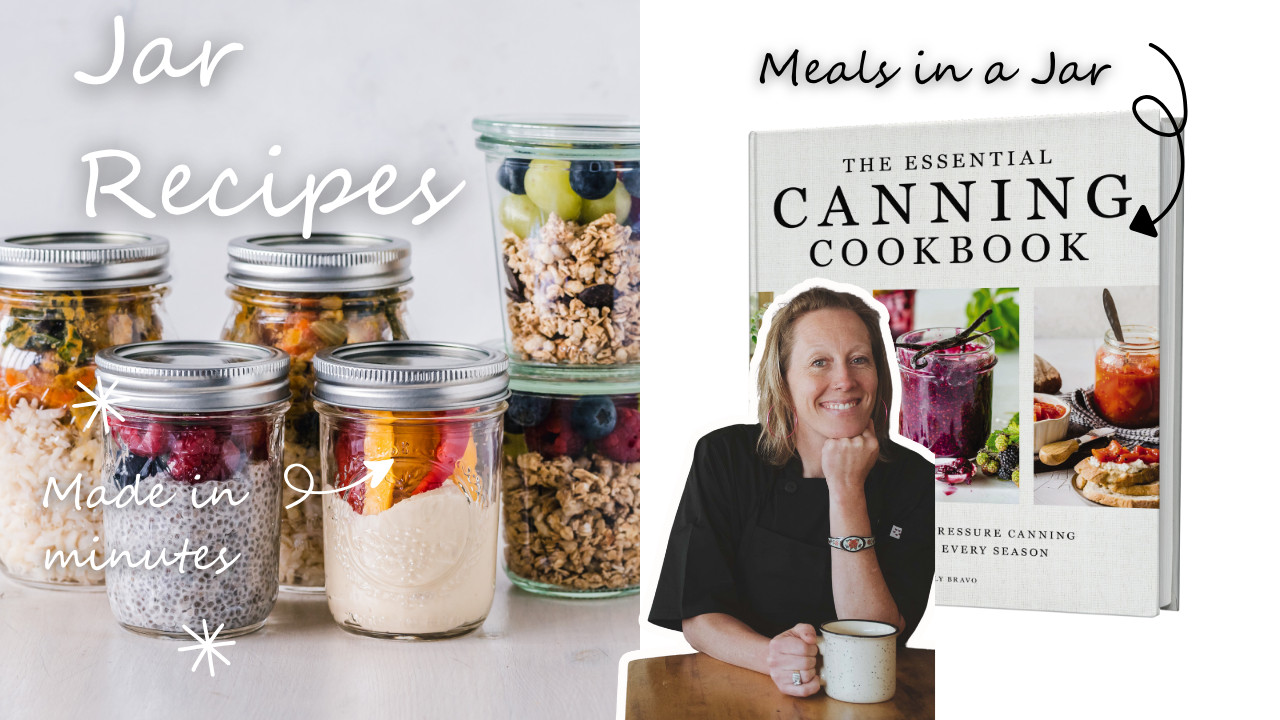
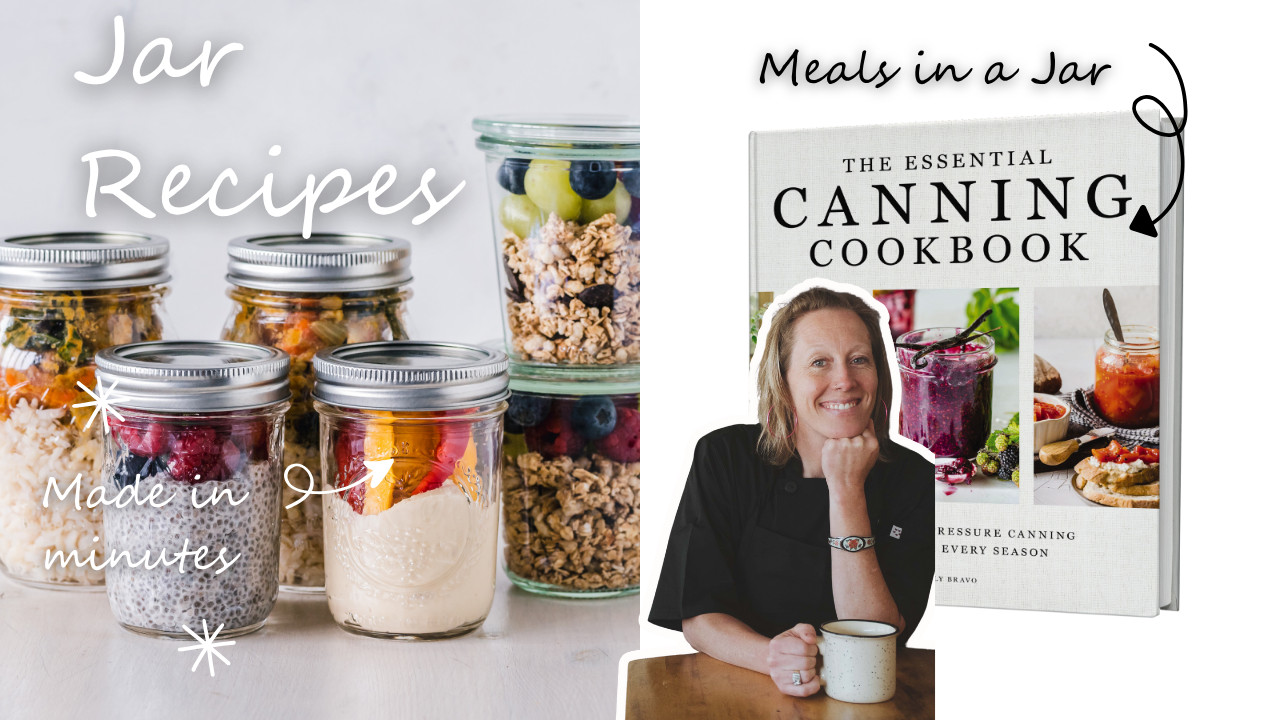
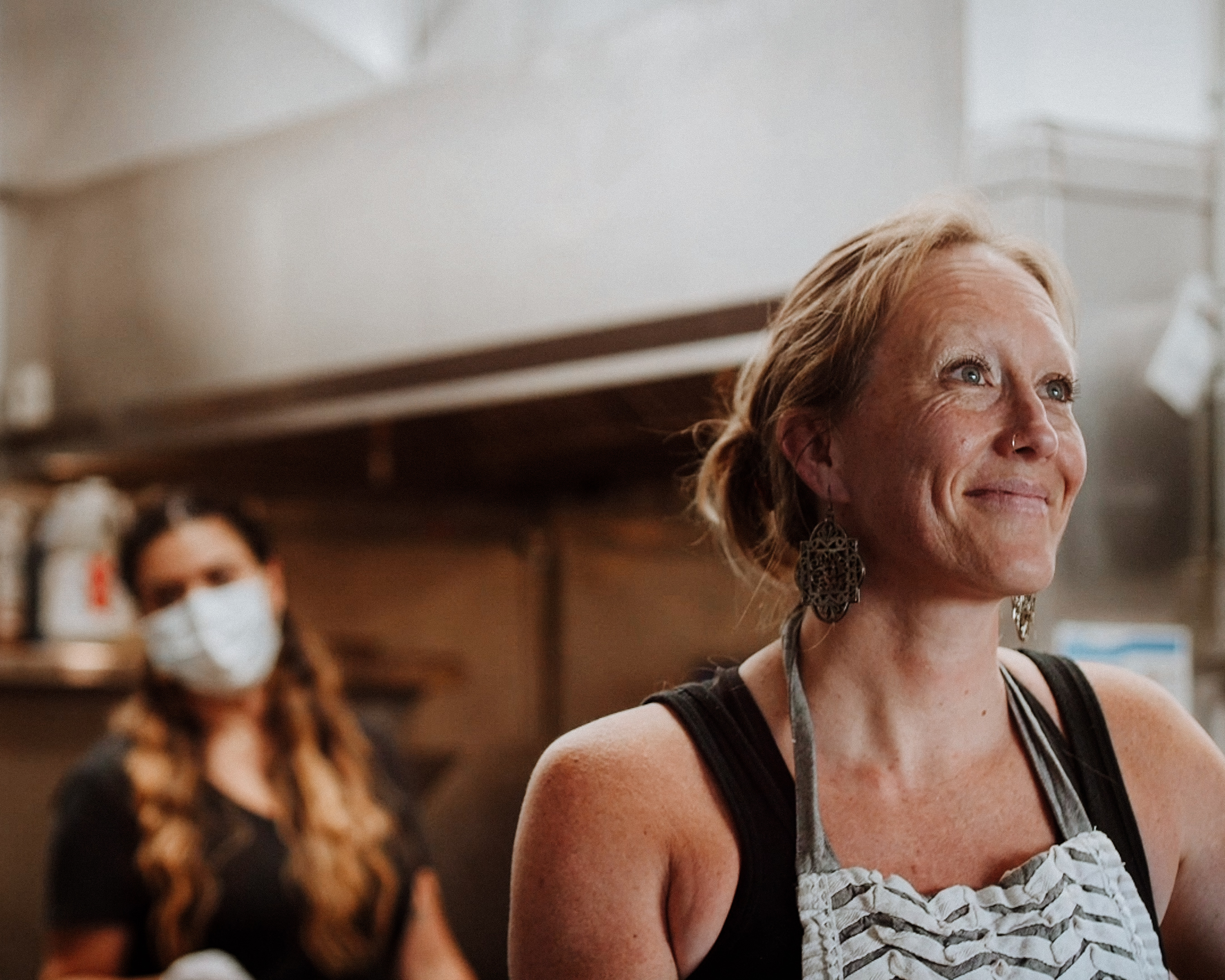
0 Comments